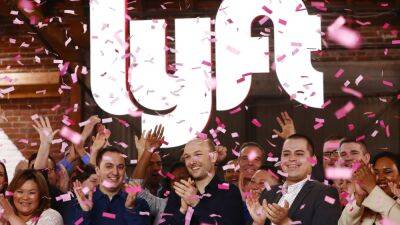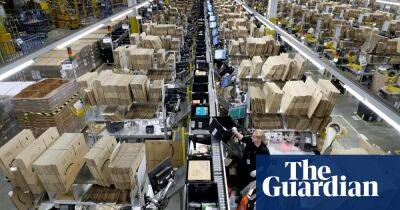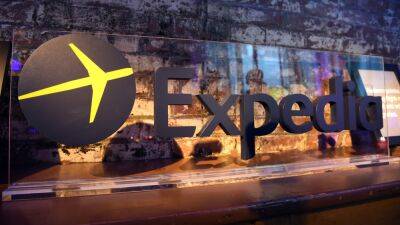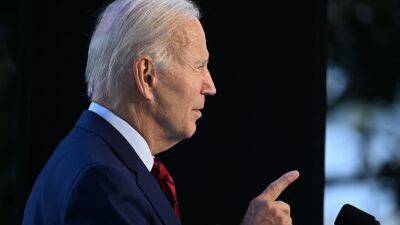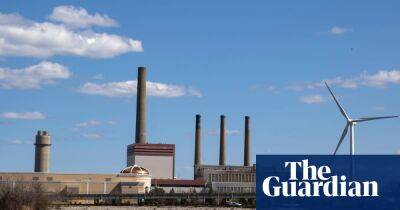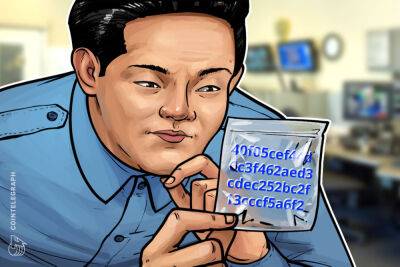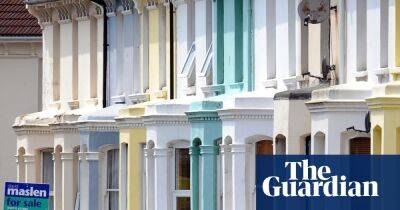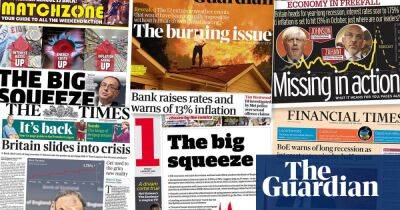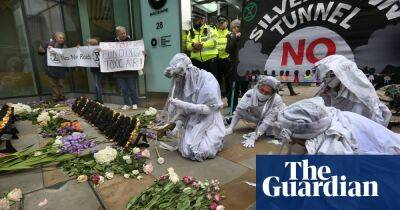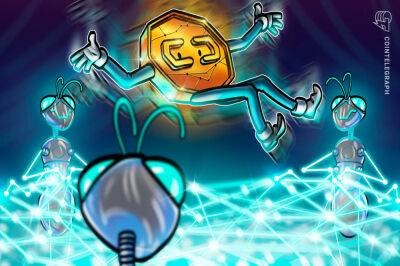‘Dark stores’ offer anything you need in 30 minutes. But there’s a human cost
On an otherwise busy stretch of Brooklyn’s Greenpoint neighborhood stands a black-painted former autobody shop. Long papered-over windows hide its internal workings and lend a gloomy presence to a street otherwise bustling with brunchers. A hopeful shopper stands over the threshold, taking stock of shelves lined with Doritos, Kettle Chips and sodas as a worker explains that it’s closed to the public. “You can order on the app for delivery, though,” he says.
This store-like expanse is a micro-fulfilment center, or “dark store”, for Gopuff, one of numerous hyper-fast delivery companies to launch over the last few years in large cities across the US as the pandemic switched consumer focus – for those who could afford it – to ordering in.
These companies offer delivery in 10 to 30 minutes of everything from candy and alcoholic beverages to coffee filters and batteries. It’s a speed that sets them apart from regular grocery delivery apps such as Instacart and FreshDirect and is achieved by opening dark stores in the communities they serve.
Earlier in 2022, near the height of their prevalence, there were 115 dark stores peppering New York City’s five boroughs. according to a map commissioned by city councilmember Gail Brewer, mostly concentrated in wealthier, whiter neighborhoods.
Backed with billions in venture capital funding, hyper-fast delivery companies – including Getir, Gorillas and FastAF – promised shoppers speed and ease. But critics have argued that they are bad for workers, local businesses and communities. And in New York, local officials have accused some dark stores of violating zoning and consumer protection laws by setting up in areas not zoned for warehouses, for not allowing customers in to shop, and not
Read more on theguardian.com



